The most common Hungarian names and their relationship with history – male names
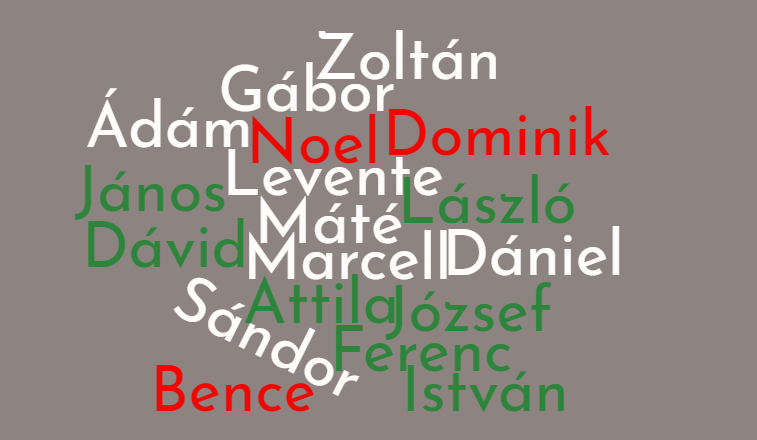
Birth names are characteristic and often unique in their sound and their meaning, and even though some of them are quite common, a person can really make it their own. Let us take a look at the most frequent Hungarian names and their most significant appearances in Hungarian history and cultural heritage.
László
László has been the most popular given name in Hungary since 2003, even though it was only the 21st most popular choice in 2017 to give to newborns. There are greatness and nobility attached to the name, as its first appearance is linked to King Saint Ladislaus I of Hungary.
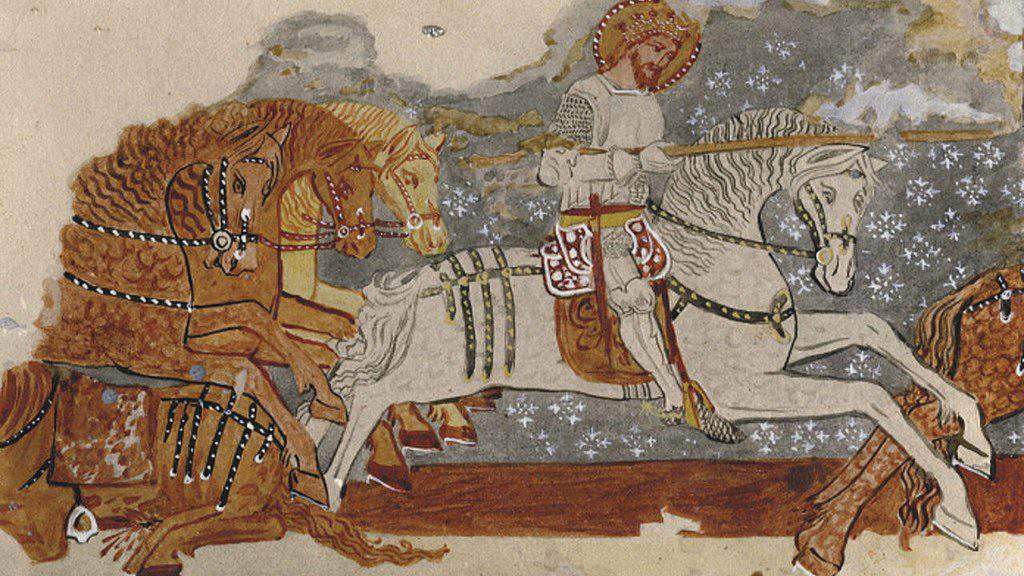
photo: Wikimedia Commons – Varga Tamas
Saint Ladislaus (1077-1095) is often referred to as the Knight-King, who, as the legend claims, was able to perform miracles in front of the Turkish forces in many instances. Furthermore, as we wrote previously, he performed miracles even after his death, aiding the Hungarians against enemies.
István
István (Stephen) was the 2nd most popular name for men born in 2017, although its popularity is decreasing: in 2017, it was the 33rd most popular name given to babies. However, some of the greatest Hungarians were named István, which shows that this name bears strength with it.
King Saint Stephen – Stephen I was the first king of Hungary (1000/1001 – 1038), who managed to unite the Hungarian lands and was even the ruler to introduce Hungarians to Christianity.
István Széchenyi – Széchenyi is known today as the ‘Greatest Hungarian’ and the politician after whom the Széchenyi Chain Bridge was named. Széchenyi argued during the 1848-1849 Hungarian Revolution that Buda and Pest must be united in order to survive the economic and moral hardships the nation was facing.
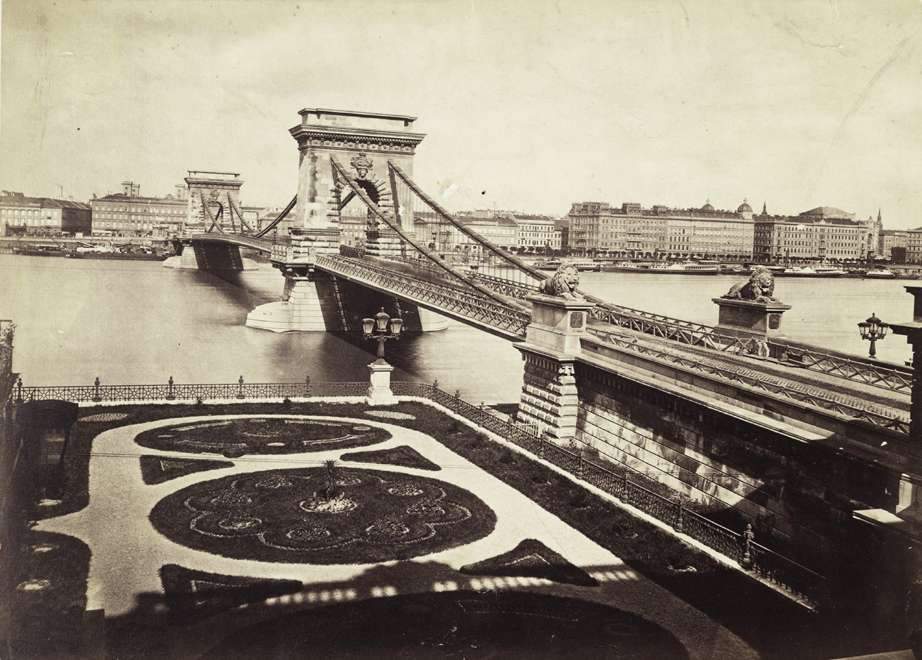
photo: fortepan.hu
István Dobó – Dobó was an excellent military leader who, during the 1552 siege of the Castle of Eger, managed to defend the castle from the Turks, despite being heavily outnumbered: 2000 Hungarian soldiers faced 40000 Turks. A Hungarian novel, Egri Csillagok (Eclipse of the Crescent Moon) by Géza Gárdonyi was dedicated to his bravery.
József
József (Joseph) is the third most common given name since 2010, but at the same time, its popularity has decreased among new parents: it is only the 44th most frequently given name to babies.
Franz Joseph I – Franz Joseph was the Emperor of Austria and simultaneously the King of Hungary (1867-1916). Franz Joseph was actually the longest reigning king of Hungary. He was the husband of the Hungarian people’s favourite queen, Empress Elizabeth, or as they liked to call her, Sissi.
József Béres – Béres (1920-2006) was a Hungarian scientist, and as you might have guessed, the inventor of Béres Drops, the Hungarian immune system booster that became a Hungarikum.

Joseph Pulitzer – Although the Pulitzer Prize is the most prestigious award an American journalist can receive, Joseph Pulitzer, after whom it was named, was actually Hungarian. Pulitzer (1847-1911) lived in Hungary until the age of 17 when his family emigrated to Boston.
János
János (John) is the fourth most frequent given name since 2010, closely ahead of József as the 41st most popular name given to babies.
János Hunyadi – The noon bells toll for Hunyadi and his bravery against the Turkish forces at the Battle of Belgrade (1456). Hunyadi was victorious over the enemy, which meant that Europe’s safety was secured for a long time. For his efforts, he was named ‘Athleta Christi’ by Pope Pius II. Hunyadi was also the father of King Matthias Corvinus the Just.
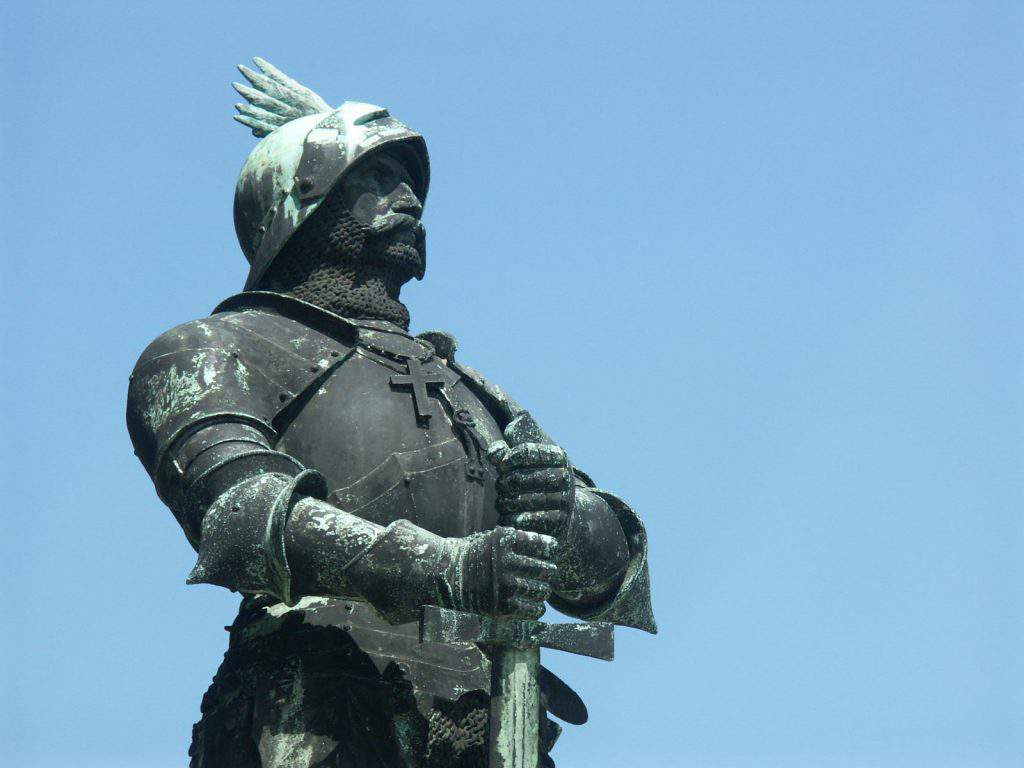
photo: Wikimedia Commons – Thaler Tamás
János Arany – Arany is often remembered as the Hungarian Shakespeare, the greatest poet of Hungarian history. He was not only a lyrical genius but spoke six languages as an adult. As the best friend of Sándor Petőfi, he was also an important figure of the 1848 Hungarian Revolution, though he focused on journalism.
Zoltán
Despite being the fifth most common surname in the past years, Zoltán is the most popular among the top 5 considering that it ranked as 26th on the list of the most popular names given to babies in 2017. Zoltán is of Arabic origins, derived from ‘sultan’, and it means ‘ruler’.
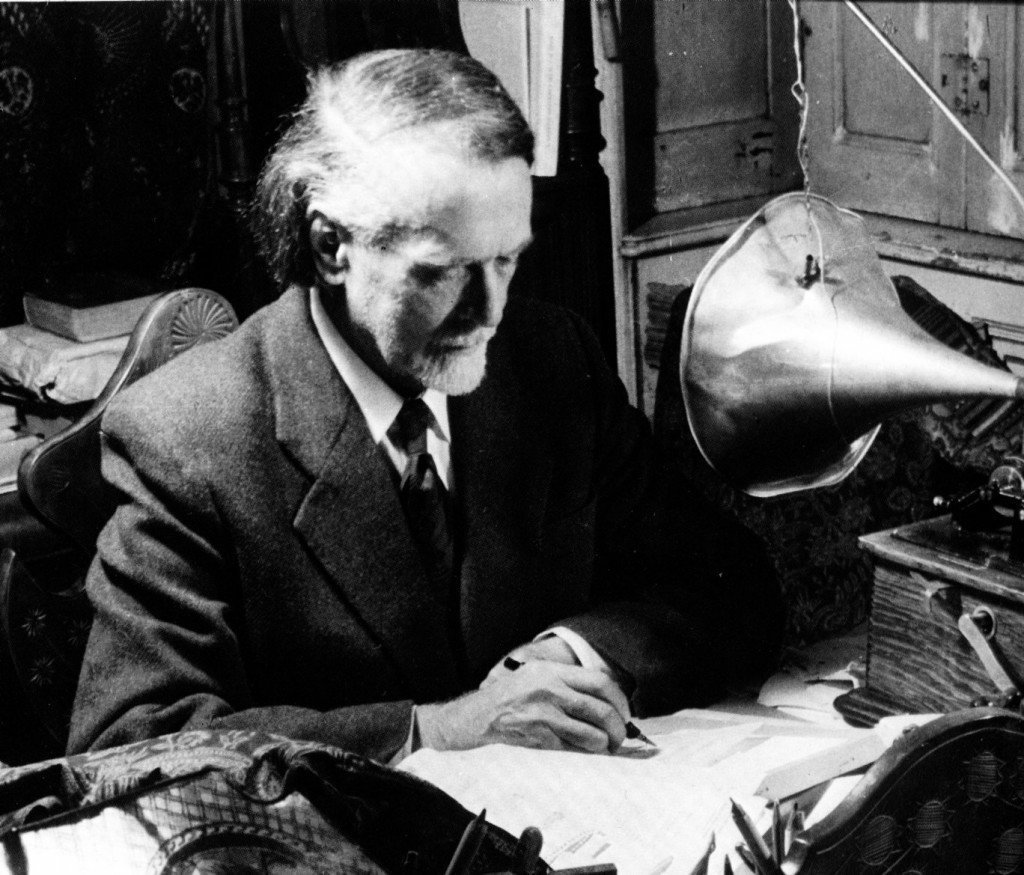
/www.szentesinfo.hu/
Zoltán Kodály – Kodály (1882-1967) was a Hungarian composer and ethnomusicologist, having left a significant mark on Hungarian music and music theory. If you remember well, there is a teaching method among the Hungarikums, the Kodály method, which was devised by him.
Source: Daily News Hungary



